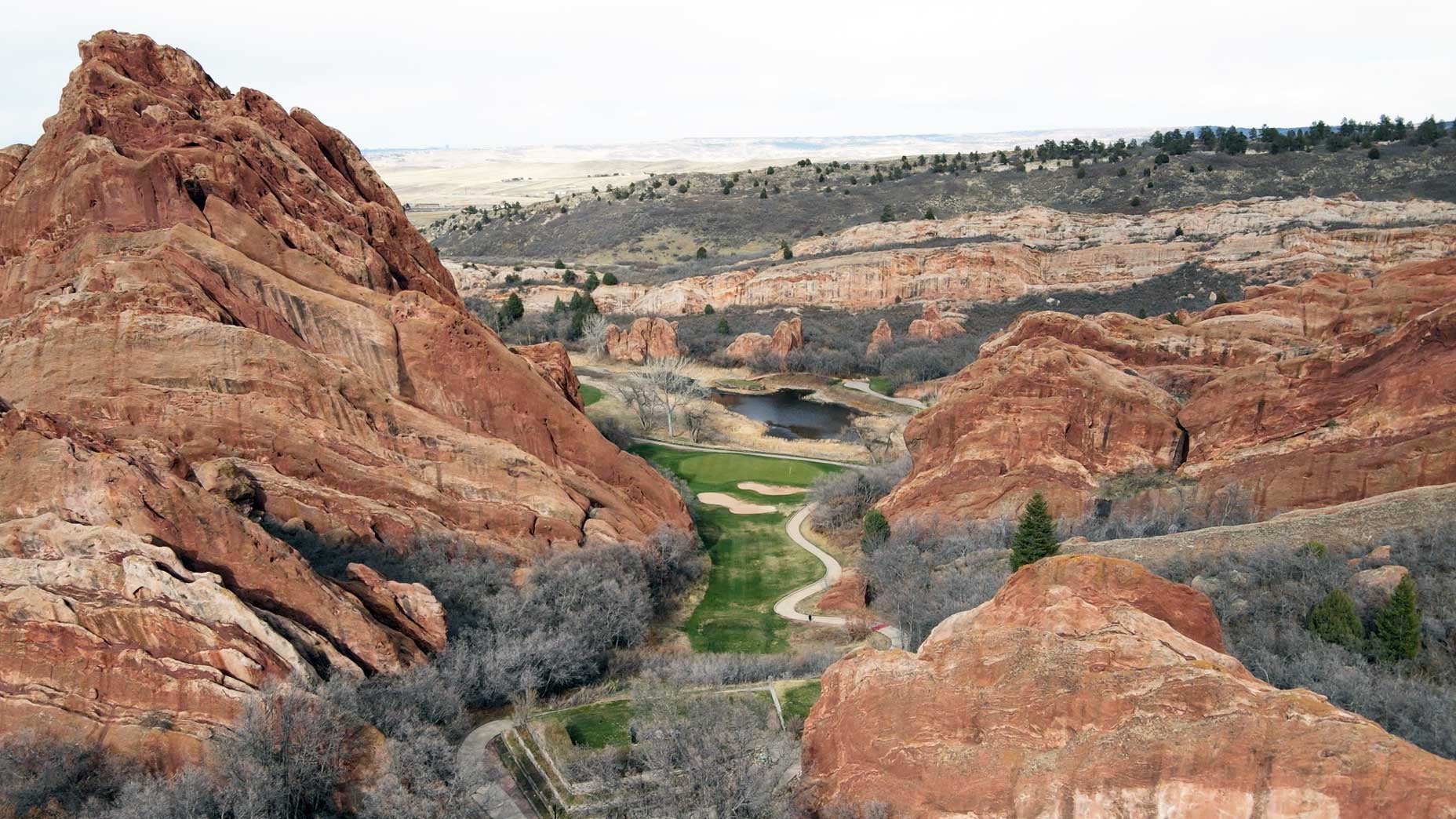Former PGA of America President Pat Rielly, who was in office during the Shoal Creek incident, died on Wednesday. He was 87.
A former lieutenant in the U.S. Marine Corps, Rielly went on to captain the Penn State golf team and receive his business degree. After moving to California, he served on the Southern California PGA Section Board of Directors for 11 consecutive years, and also became the Section’s president. The Section honored Rielly three times as its Professional of the Year, and Association’s president from 1989-90.
“The PGA of America mourns the passing of our 26th President Pat Rielly. As a former Marine, Pat knew all about excellence in leadership, and he proved that time and time again through his various roles in our Association,” current PGA President Jim Richerson said. “Pat helped lead the charge for golf in requiring all future PGA of America Championship venues to have open membership policies, a decision the rest of the sport followed shortly thereafter. Pat also led by example in his efforts to help position PGA professionals as business leaders and to place the best interests of the PGA professional at the center of all important decisions. We extend our sympathies to Pat’s wife, Sue, and children Suzie, Mike, Maggie and Rick.”
Rielly was thrust into the center of controversy in 1990 during his presidency when Shoal Creek founder Hall Thompson touched off a national debate in 1990 with his remarks about the private club in Alabama’s no-Blacks-allowed membership practices. In the face of TV sponsor boycotts and threatened picketing by civil rights groups, Rielly arranged contingency plans to move the Championship elsewhere.
“Shoal Creek was easy for me,” Rielly told Golfweek in 2015. “I knew what I was going to do. If they didn’t do what they did, we weren’t going to be there. The game is bigger than the PGA. The game is everything.”
The club relented the week before the tournament and extended honorary membership to a Black Birmingham, Alabama, businessman, Louis J. Willie. As a result, professional golf changed its rules regarding clubs with exclusionary practices.
Rielly, whose father was a boxer and once fought middleweight champion Billy Conn, was raised in Sharon, Pennsylvania, where he was introduced to the game shagging balls at nearby Sharon Country Club.
“I made about a dollar a day, but that was a dollar more than any other 11-year-old in Sharon was making,” Rielly told the Los Angeles Times. “When I got big enough, I started to caddie, but they only made $1.25 for a round and 10 cents of that went to the caddie master.”
By age 15, he became the caddie master, and became a standout junior golfer through osmosis.
“The pro (at Sharon CC) was an old Scotsman, George Swankee, and I watched him teach day after day and I guess I was an imitator because when I started to play, the game came easy for me,” Rielly said. “I seemed to have learned my swing from watching him.”
In high school he lettered not only in golf but in football and basketball and later was inducted into his school’s Hall of Fame.
He graduated in 1958 from Penn State with degrees in business and labor management and joined the Marine Corps for four years. Next, Rielly took a job as an assistant in the pro shop at the Circle R Ranch course in Escondido, California.
“While I was there, I tried to find a sponsor so I could play on the tour,” he said. “I felt I could make it out there, but later that year when I got the head professional’s job at El Camino Country Club in Oceanside, I changed my thinking.
“I knew I could play, but I also knew I was no Arnold Palmer. I had a wife and three kids (at the time) and the economics of the thing told me to stay at El Camino. To this day, I have no regrets. I have been comfortable as a golf professional, rather than as a professional golfer, and I’ve received enough recognition for my game to satisfy my ego.”
Rielly joined the PGA in 1966.
“It wasn’t long before I realized that I wasn’t pleased with the plight of the club professional,” he explained to the Los Angeles Times in 1988. “I decided the way to do something about it was to get to work and make my presence known.”
Rielly moved to Annandale Country Club in Pasadena in 1972, and remained a proud member of the PGA even in retirement.
“For as much as the game has changed, the PGA professional is by and large the same they were 100 years ago. They are teachers, players, and they are dedicated to the game of golf. They follow the rules, enforce the rules and do the best they can. Some are better than others,” he told Golfweek in 2015. “We still have the same passion. We still have the same dedication to the game. It is the PGA golf professional that grows the game. It’s not some fancy program with a motto. It has to do with their dedication and motivation and what they have in their heart. And what they have in their heart, they have in their mind. It hasn’t changed. The organization is bigger in terms of PGA and Ryder Cup and events it puts on. But the rank-and-file member hasn’t changed. They are the same. I feel great about the rank-and-file member.”








